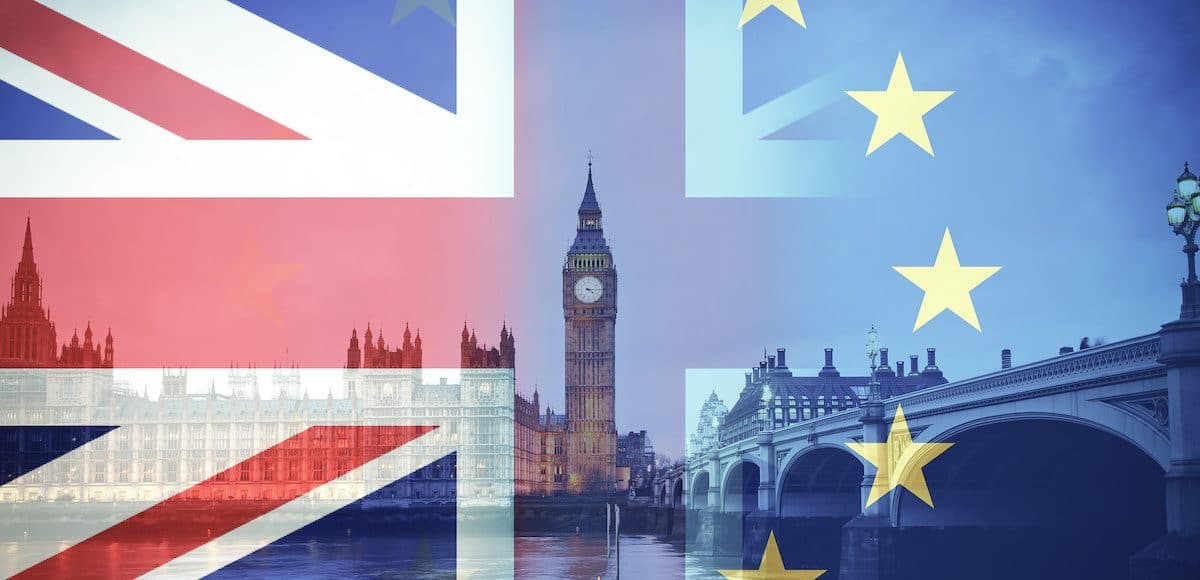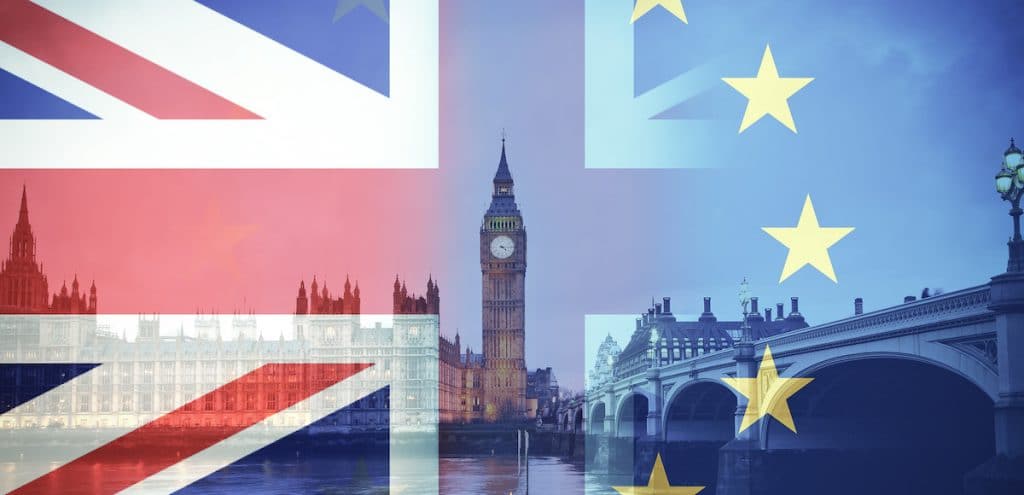

A series of key votes in the British Parliament on Tuesday were meant to signal the beginning of the end to the impasse on Brexit negotiations.
With the clock ticking and only 60 days remaining before the United Kingdom (UK) is due to leave the European Union (EU), the terms of the break remain uncertain.
In June 2016, the British people voted in a shocking upset to leave the then- 28-nation bloc. Article 50 was triggered on March 29, 2017, giving them until March 29, 2019, to agree on a deal.
British Prime Minister Theresa May said before the vote a majority would support a proposed revision to her draft agreement, which was soundly defeated earlier in January.
“The world knows what this House does not want,” Prime Minister May told members of the raucous chamber before the voting began. “Today we need to send an emphatic message about what we do want.”
On Tuesday, Member of Parliament (MPs) were given their first chance to propose solutions after rejecting the prime minister’s path forward. John Bercow, the powerful and flamboyant Speaker of the House of Commons, was tasked with choosing 4 of the 19 proposals that had been submitted by Monday.
Rather than submitting a new proposal, Prime Minister May instead chose to build support for a revised version.
The main hurdle to the initial framework was the so-called “Irish backstop,” a proposal unsupported and downright despised by members of her own Conservative Party.
It would prevent a customs border between Northern Ireland and the Republic of Ireland if the UK doesn’t agree on a future trade deal with the EU.
Sir Graham Brady, the influential head of the Conservative Party’s 1922 Committee, proposed to overcome the hurdle by replacing the Irish backstop.
He argued it would give Prime Minister May “enormous firepower” when demanding concessions from Brussels, adding it could easily be appended to her withdrawal agreement.
It was approved 317 to 301.
Yvette Cooper, Labour chair of the Home Affairs Select Committee, proposed a second amendment seeking to prevent a “no-deal” Brexit by extending the deadline if there is no agreement by February 26.
It was defeated 321 to 298.
A third amendment, which enjoyed cross-party support, was drafted by Conservative Caroline Spelman and Labour’s Jack Dromey. It would’ve simply blocked Britain from leaving the EU without a deal.
It, too, was defeated.
“The House also has affirmed its view that it does not want to leave the EU without a deal and a future framework,” Prime Minister May said after the passage of the Brady amendment. “I agree we should not leave without a deal, but simply opposing an amendment to the deal is not enough to stop it.”
Conservatives now argue Prime Minister May can return to Brussels with a mandate, though the EU doesn’t appear to agree.
“We’re not going to reopen the agreement,” Sabine Weyand, the deputy negotiator for the EU, said at a European Policy Center event on Monday.







